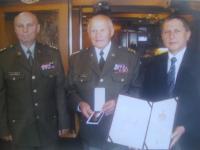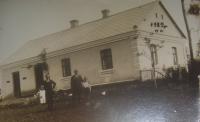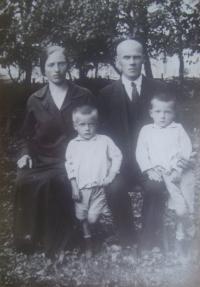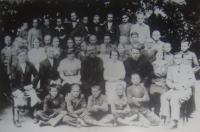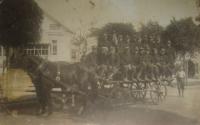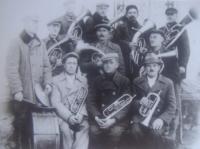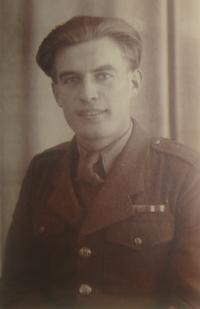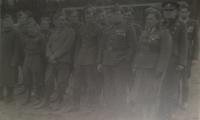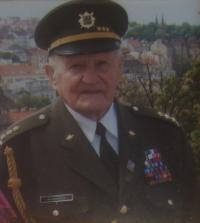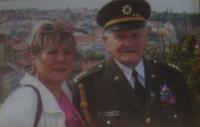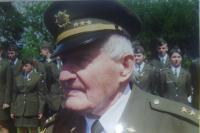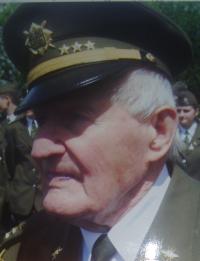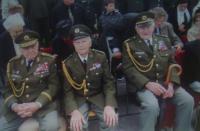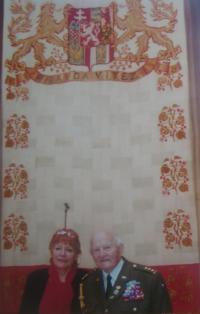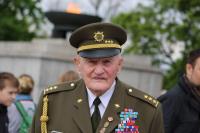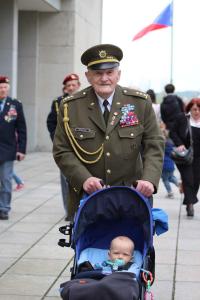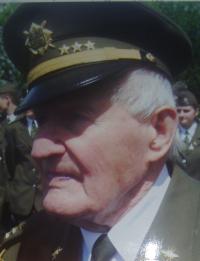When it was quiet with no shooting, something wasn’t right
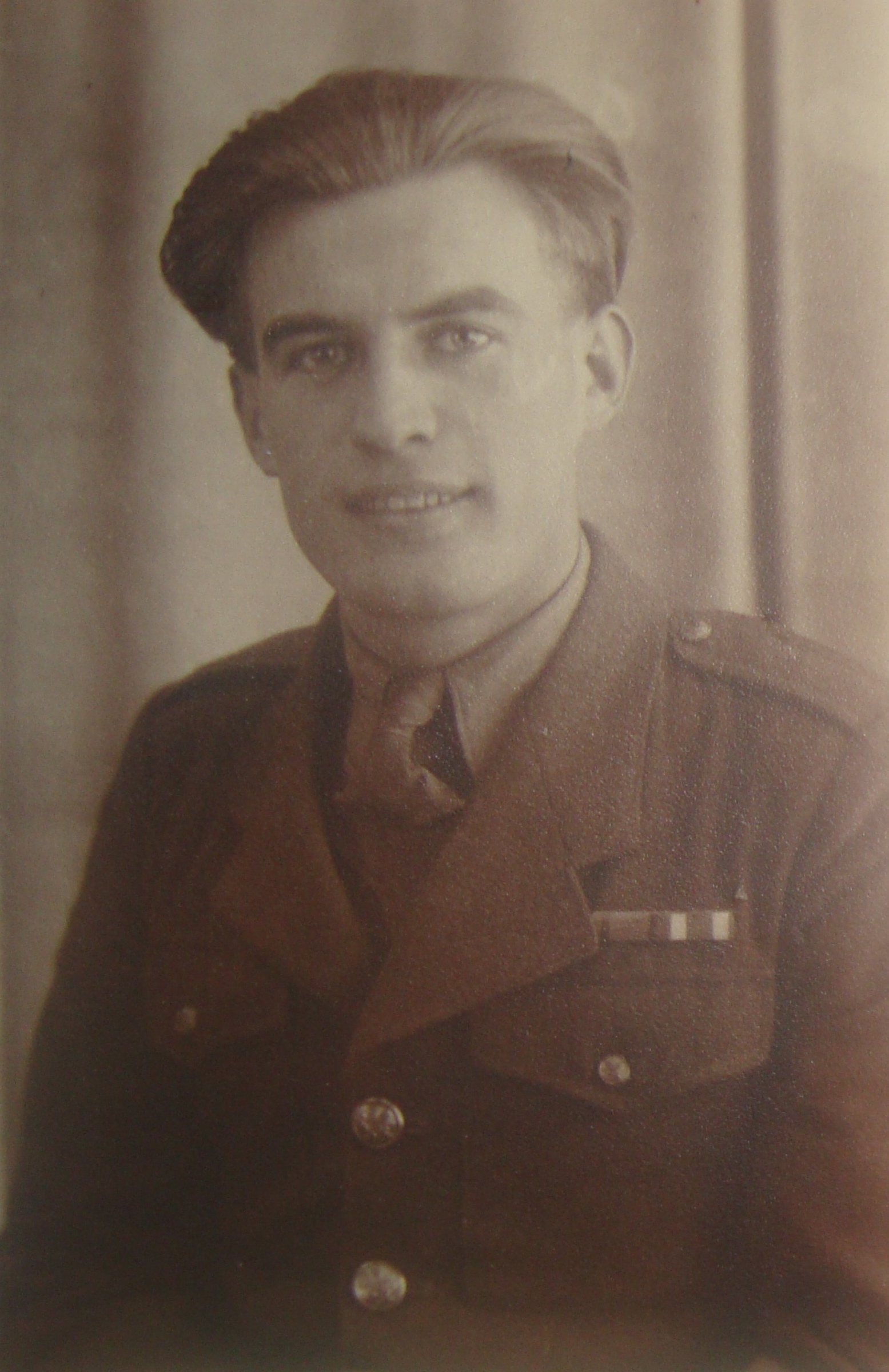
Stáhnout obrázek
Colonel (ret.) Mikuláš Vondráček was born on 15 June 1923 in the village of Sofievka in Volhynia, which was part of Poland at the time. His parents tended a farm, and his father owned a mill. Under relatively democratic Polish administration, he attended four years of elementary school in his native village and then three years of town school in Verba. However, western Volhynia fell under Soviet control on 17 September 1939 and was subsequently occupied by Nazi Germany in June 1941. Mikuláš Vondráček was to be taken to Germany for forced labour, but he managed to escape the transport. He was then assigned to Dubno to dig trenches against the Red Army. By that time, Volhynia was close to being „liberated“, and when the Red Army arrived, the Vondráček joined the growing 1st Czechoslovak Army Corps on 15 March 1944; he entered combat at Torčín almost immediately. He served as a signaller in the 2nd Battery of the 1st Artillery Regiment of the 1st Brigade, and after completing training in the Bessarabian city of Chernivtsi, he took part in the Carpatho-Dukla Operation and fought at Jaslo and other locations in Slovakia. Near Liptovský Mikuláš he was wounded by shrapnel in the head and back, while also suffering from arthritis, and so he was taken for treatment to Levoča, Rzeszów, Przemyśl, and finally Lviv. The war ended, and Vondráček returned to his unit in Žatec. He then settled down in Oračov near Rakovník and worked at the local united agricultural cooperative, later at State Farms. Mikuláš Vondráček died on June 12, 2022.
